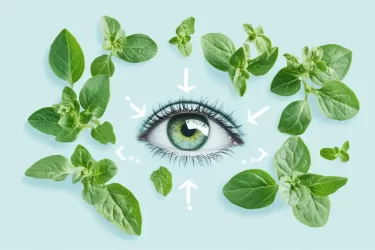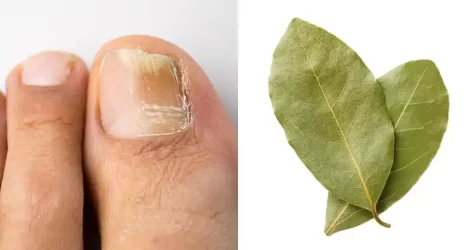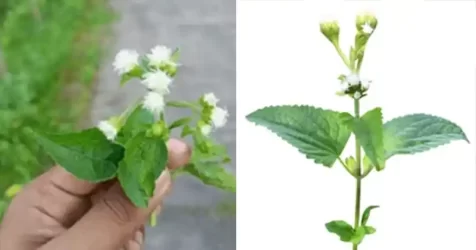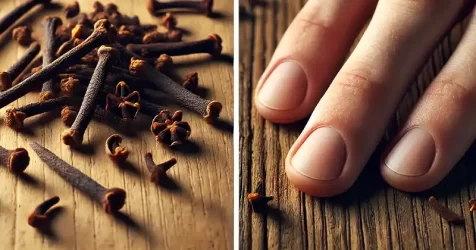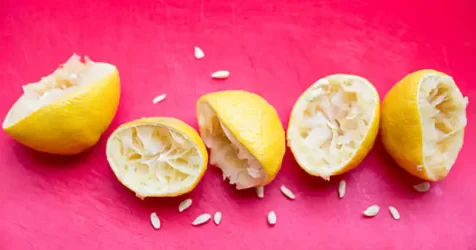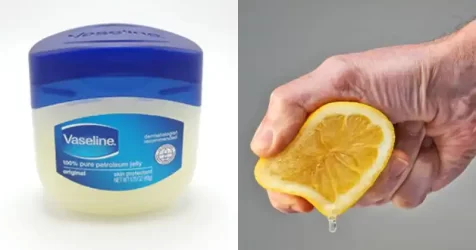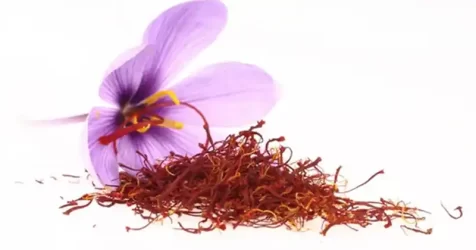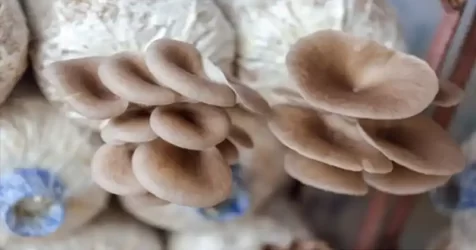The Powerful Benefits of Olive Leaves: A Natural Health Booster
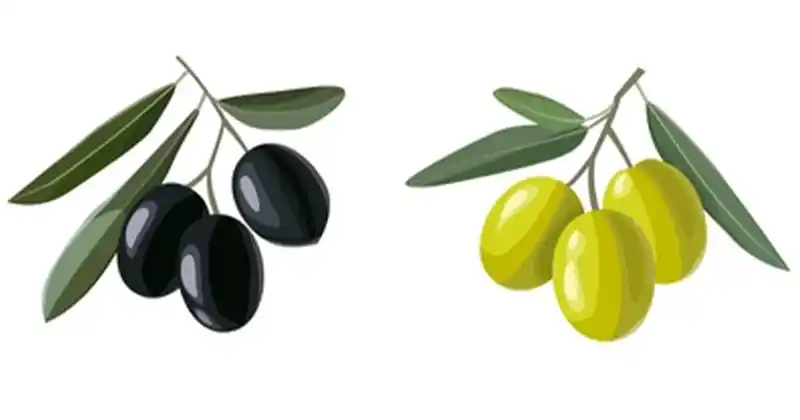
Olive leaves have been used for centuries in traditional medicine, praised for their wide range of health benefits. While olive oil has taken the spotlight for its culinary and medicinal uses, the leaves of the olive tree deserve attention for their impressive health-boosting properties. In this article, we will explore the many reasons why you should consider incorporating olive leaves into your wellness routine.
1. Rich in Antioxidants
One of the most notable qualities of olive leaves is their high antioxidant content. These antioxidants help protect the body from oxidative stress, which is a leading cause of aging and various chronic diseases. Oleuropein, a potent antioxidant found in olive leaves, is the star component that helps neutralize harmful free radicals. Regular consumption of olive leaves, whether as tea or supplement, may help reduce inflammation and slow down cellular damage.
2. Supports Heart Health
Olive leaves have been studied for their beneficial effects on heart health. The oleuropein compound helps to lower blood pressure, improve blood flow, and reduce the risk of cardiovascular diseases. Studies suggest that olive leaf extract may help lower LDL (bad) cholesterol levels while boosting HDL (good) cholesterol, leading to improved overall cardiovascular health. This makes olive leaves an excellent addition to a heart-friendly diet.
3. Anti-Inflammatory Properties
Inflammation is at the root of many chronic conditions, such as arthritis, asthma, and autoimmune diseases. Olive leaves contain compounds that have been shown to possess anti-inflammatory properties, helping to reduce inflammation in the body. By lowering the levels of inflammatory markers, olive leaves may help alleviate symptoms of inflammatory conditions and improve overall quality of life.
4. Boosts Immune System
Olive leaves are known for their immune-boosting properties. They contain antimicrobial and antiviral compounds that help protect the body against infections. The leaves’ natural ability to fight off viruses, bacteria, and fungi make them a great natural remedy for colds, flu, and other infections. Regular consumption of olive leaf tea or supplements can help keep your immune system strong and resilient.
5. Improves Skin Health
The antioxidant and anti-inflammatory properties of olive leaves extend to the skin as well. Olive leaf extract can help combat the effects of aging, reducing wrinkles and promoting a more youthful appearance. It also helps soothe irritated skin and supports the healing process of minor wounds. Some skin care products even incorporate olive leaf extract to enhance their anti-aging and soothing benefits.
6. Aids in Weight Management
If you’re looking to manage your weight, olive leaves might offer a helping hand. Studies have suggested that the compounds in olive leaves may help reduce the formation of fat cells and increase the breakdown of fats in the body. Additionally, their ability to improve blood sugar levels can support healthy metabolism and prevent weight gain.
7. Helps Regulate Blood Sugar Levels
For those with type 2 diabetes or anyone looking to maintain balanced blood sugar levels, olive leaves may provide significant benefits. Olive leaf extract has been shown to help lower blood sugar levels by improving insulin sensitivity. This makes it a valuable natural remedy for managing diabetes and preventing spikes in blood sugar after meals.
8. Supports Brain Function
Cognitive decline is a major concern as we age, and olive leaves may help protect the brain from deterioration. The high antioxidant content, particularly oleuropein, helps reduce oxidative stress in brain cells, which is a contributing factor to neurodegenerative diseases like Alzheimer’s. Regular consumption of olive leaves can support better memory, focus, and overall cognitive function.
9. Fights Against Harmful Microorganisms
The antimicrobial properties of olive leaves make them a natural defender against harmful microorganisms. Research has shown that olive leaf extract is effective against various strains of bacteria, including those that cause respiratory and gastrointestinal infections. Additionally, it has antifungal properties, making it useful in treating fungal infections like Candida.
10. May Help Lower Blood Pressure
Hypertension is a common health issue, and olive leaves may offer a natural solution. Studies have shown that oleuropein in olive leaves can help relax blood vessels and improve blood circulation, leading to lower blood pressure levels. By incorporating olive leaf tea or supplements into your routine, you may experience improvements in blood pressure regulation.
11. Promotes Healthy Digestion
Olive leaves also have positive effects on digestion. They help support the growth of healthy gut bacteria while reducing the harmful ones, promoting better digestive health. The anti-inflammatory properties of olive leaves can also help soothe conditions like gastritis or irritable bowel syndrome (IBS), making it easier to maintain a healthy digestive system.
12. Natural Anti-Cancer Properties
Some studies suggest that olive leaves may possess anti-cancer properties due to their high antioxidant content. These antioxidants help protect cells from mutations and oxidative damage that can lead to cancer. While more research is needed, early studies show promise in using olive leaves as a complementary treatment in cancer prevention and care.
13. Enhances Joint Health
Joint pain and stiffness are common issues, especially as we age. Olive leaf extract’s anti-inflammatory properties can help alleviate symptoms of arthritis and improve joint mobility. Regular use of olive leaves may help reduce swelling and discomfort in the joints, offering relief to those suffering from arthritis and other inflammatory joint conditions.
How to Use Olive Leaves
There are several ways to incorporate olive leaves into your daily routine, allowing you to take advantage of their health benefits:
- Olive Leaf Tea: One of the easiest ways to enjoy the benefits of olive leaves is by making tea. Simply steep dried olive leaves in hot water for 10-15 minutes. Drink 1-2 cups daily to support your immune system and overall health. You can add a touch of honey or lemon to enhance the flavor.
- Olive Leaf Extract: Olive leaf extract is available in liquid or capsule form. The liquid extract can be mixed with water or juice for easy consumption. Capsules provide a convenient way to ensure you’re getting a consistent dosage each day. Follow the dosage instructions provided on the packaging or as recommended by a healthcare professional.
- Topical Use: Olive leaf extract can be applied topically to improve skin health or soothe irritated areas. Some creams and lotions incorporate olive leaf extract for its anti-aging and soothing properties.
- Cooking with Olive Leaves: In some Mediterranean regions, olive leaves are used in cooking. They can be added to soups, stews, or sauces to enhance the flavor while also boosting the dish’s nutritional value.
By using olive leaves in these forms, you can easily incorporate them into your wellness routine and reap their full benefits.
How to Make Olive Leaf Extract at Home
Ingredients:
- Fresh or dried olive leaves (about 1 cup of fresh leaves or ½ cup of dried leaves)
- High-proof alcohol (like vodka or brandy, at least 40% alcohol)
- A glass jar with a tight lid
- A dark glass bottle for storage
Instructions:
- Harvest the Leaves: If you’re using fresh olive leaves, rinse them well to remove any dirt or debris. Pat them dry using a clean towel. If you’re using dried leaves, make sure they are of high quality and free from contaminants.
- Chop the Leaves: Chop the olive leaves into small pieces to help release their compounds into the extract.
- Prepare the Jar: Place the chopped leaves into a clean glass jar. You want the jar to be about halfway full of leaves.
- Add Alcohol: Pour the alcohol over the leaves until they are completely submerged. The alcohol will act as a solvent, drawing out the beneficial compounds from the leaves. Make sure the leaves are fully covered to prevent any mold growth.
- Seal the Jar: Close the jar tightly with a lid and shake it well to mix the alcohol and leaves.
- Steep the Mixture: Store the jar in a cool, dark place for 4-6 weeks. Shake the jar every day to help the extraction process. The longer you let the mixture steep, the stronger your extract will be.
- Strain the Liquid: After 4-6 weeks, strain the liquid through a fine mesh strainer or cheesecloth to separate the leaves from the extract. Discard the leaves.
- Store the Extract: Pour the liquid into a dark glass bottle for storage. This will help preserve the extract and protect it from light. Label the bottle with the date and ingredients.
Usage:
Use your homemade olive leaf extract as needed. Start with small doses (e.g., 1 teaspoon per day), and you can mix it with water, juice, or tea. Always consult a healthcare professional before using herbal extracts for medicinal purposes.
Note: Ensure you’re using alcohol that’s safe for consumption, and keep in mind that homemade extracts may not be as standardized in potency as store-bought versions.
This method allows you to create a natural and potent olive leaf extract from the comfort of your home!
Olive leaves are a powerful, natural remedy with numerous health benefits ranging from heart health to cognitive support. Incorporating olive leaf tea, supplements, or extracts into your daily routine can have a significant impact on your overall well-being. Whether you’re looking to boost your immune system, support healthy skin, or manage chronic conditions, olive leaves can be a great addition to a healthy lifestyle.
Disclaimer: While olive leaves offer many health benefits, they may interact with certain medications, particularly blood pressure and diabetes medications. It’s always important to consult with a healthcare professional before introducing olive leaf extract into your routine, especially if you are pregnant, breastfeeding, or have any underlying health conditions.

